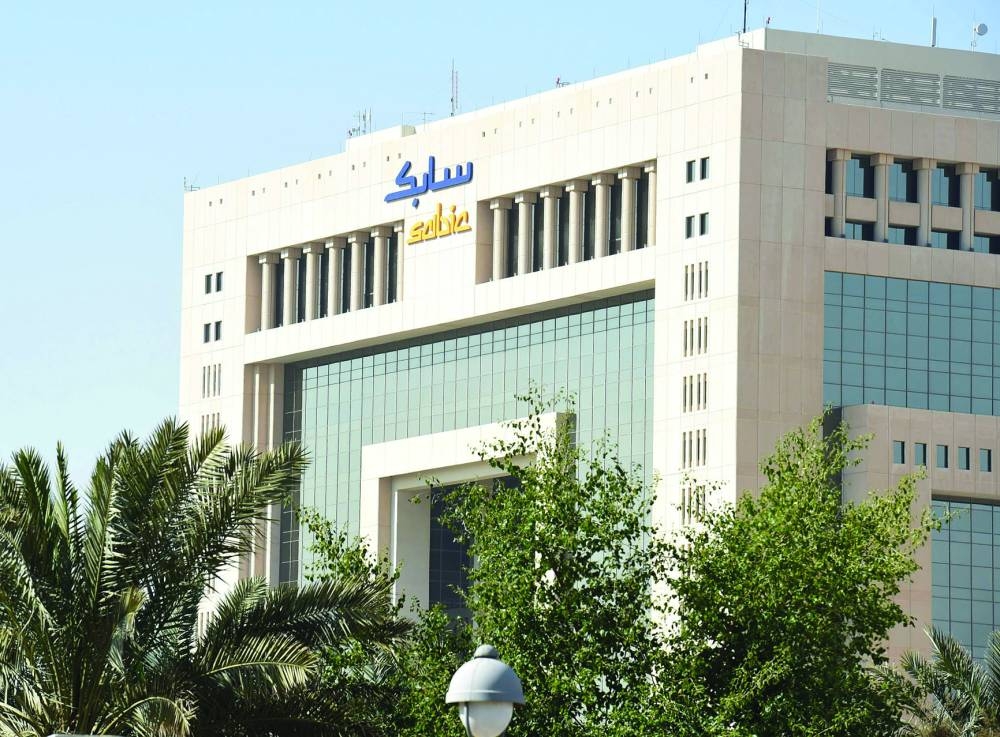Saudi Arabia’s top chemicals maker warned of “considerable uncertainty” for the industry after reporting a surprise full-year loss.
Saudi Basic Industries Corp, also known as Sabic, posted a net loss of 2.77bn riyals ($739mn) for 2023, missing analyst expectations for a profit. The result underscores the depth of the challenge chemicals companies face as they grapple with a weak market, slower economic growth and a drop in prices.
“The petrochemical industry navigates a challenging operating environment,” Chief Executive Officer Abdulrahman al-Fageeh said on Tuesday. “Underwhelming demand within our target market led to lower year-end product prices.”
The annual loss is the company’s first in data going back to 1996. Sabic attributed the result to discontinued operations after divesting its steel unit, Hadeed, while a lacklustre market dragged revenue down. The shares have retreated 4.3% this year following a decline of almost 7% last year.
“Profitability is likely to remain under pressure through the first half amid weak demand and expectations of a prolonged period of lower volume and selling prices,” Salih Yilmaz, an analyst at Bloomberg Intelligence, said in a note.
Riyadh-based Sabic, in which Saudi Aramco owns a majority stake, sees capital spending at as much as $5bn this year as it develops new technology to turn crude oil into chemicals and works on building a “robust” position in China.
It plans to start building a $6.4bn petrochemical complex in Fujian province in the first half of the year, funded with debt and cash. Free cash flow fell 45% last year to about 14bn riyals.
The company’s long-term rating was affirmed by Moody’s at A1 on Monday, with a positive outlook.
“Sabic remains steadfast in pursuing future growth despite short-term market challenges,” al-Fageeh said in a statement. Yet “there remains considerable uncertainty heading into the first quarter of 2024.”
Aramco, the world’s top oil producer and exporter, is scheduled to publish results March 10.

Riyadh-based Sabic, in which Saudi Aramco owns a majority stake, sees capital spending at as much as $5bn this year as it develops new technology to turn crude oil into chemicals and works on building a “robust” position in China
